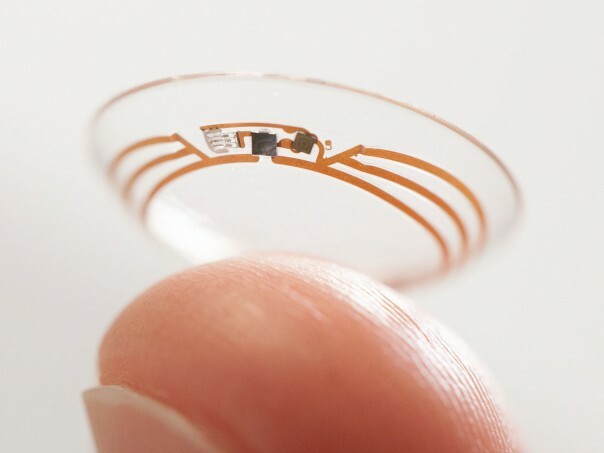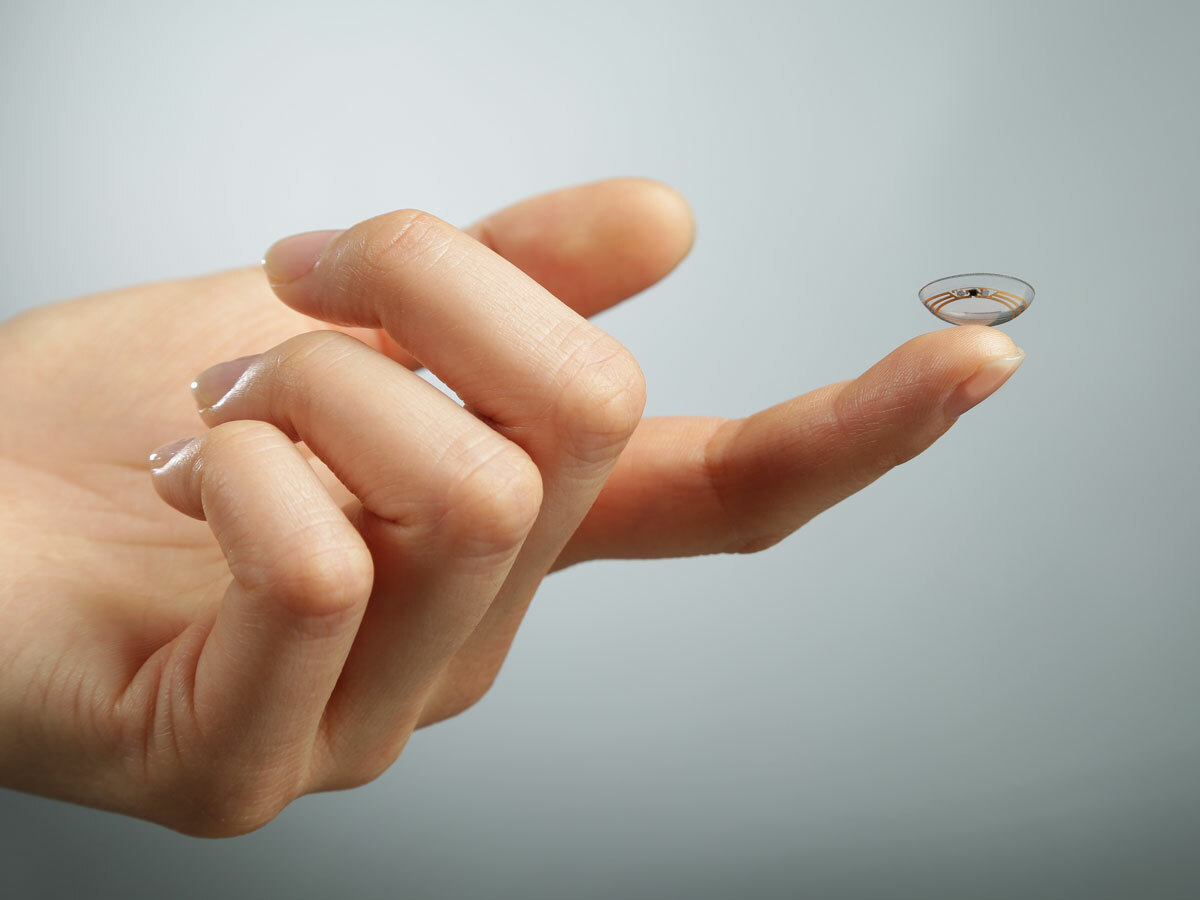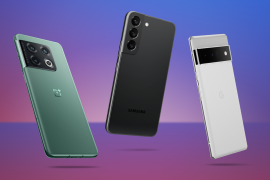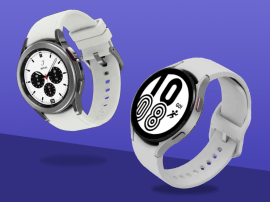Google’s smart contact lenses get one step closer to a reality
New deal with Novartis to speed the development of glucose-sensing contacts for diabetics

Back in January, Google announced that it was working on a smart contact lens. And now a new partnership with Swiss healthcare company Novartis is bringing the technology one step closer to a reality.
Before you get visions of a miniaturised Google Glass, this contact lens isn’t a HUD or an augmented reality device. It’s a little less advanced than that, albeit still something quite incredible: thanks to a tiny sensor and a tiny wireless chip, it’s able to continuously monitor the wearer’s glucose levels through his or her tears. If you’re diabetic, this is a much easier way to monitor your blood sugar than the current blood drop tests. The wireless chip will transmit data to a smartphone.
As a “bonus feature”, the lens can also replace a pair of reading glasses by helping the wearer to focus on close objects.

Novartis and Google will now collaborate on the development and potential production of the smart contact lens and, while there’s still no indication as to when it’ll hit the market, the signs for it actually doing so at some point are encouraging.
And you’d have to think that putting a sensor and wireless transmitter inside something as tiny and non-invasive as a contact lens is a step towards the sort of HUD-equipped contacts seen in the most recent Mission: Impossible movie. And that could mean the power of Google Glass without having to wear the headset…
READ MORE: Recon CEO says contact lenses with Google Glass-like displays “will happen”


